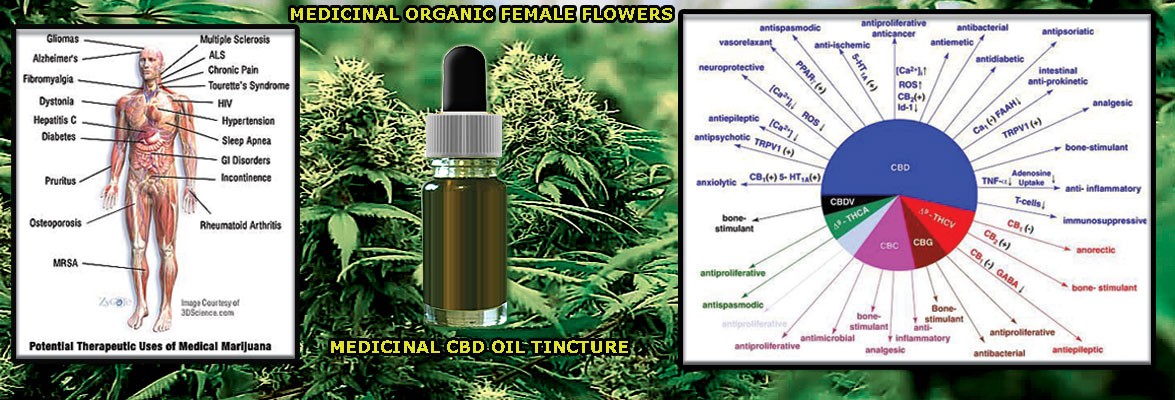Recent Research on Multiple Sclerosis and Cannabidiol (CBD)

- Do Cannabis-Based Medicinal Extracts Have General Or Specific Effects On Symptoms In Multiple Sclerosis?
The objective was to determine whether a cannabis-based medicinal extract (CBME) benefits a range of symptoms due to multiple sclerosis (MS). A parallel group, double-blind, randomized, placebo-controlled study was undertaken in three centres, recruiting 160 outpatients with MS experiencing significant problems from at least one of the following: spasticity, spasms, bladder problems, tremor or pain. Spasticity VAS scores were significantly reduced by CBME (Sativex) in comparison with placebo (P- 0.001). There were no significant adverse effects on cognition or mood and intoxication was generally mild.
- Cannabidiol Provides Long-Lasting Protection Against The Deleterious Effects Of Inflammation In A Viral Model Of Multiple Sclerosis
Inflammation in the central nervous system (CNS) is a complex process that involves a multitude of molecules and effectors, and it requires the transmigration of blood leukocytes across the blood-brain barrier (BBB) and the activation of resident immune cells. Cannabidiol (CBD), a non-psychotropic cannabinoid constituent of Cannabis sativa, has potent anti-inflammatory and immunosuppressive properties. Findings highlight the anti-inflammatory effects of CBD in this viral model of MS and demonstrate the significant therapeutic potential of this compound for the treatment of pathologies with an inflammatory component.
- Cannabinoids In Multiple Sclerosis (CAMS) Study
This study is to test the effectiveness and long term safety of cannabinoids in multiple sclerosis (MS), in a follow up to the main Cannabinoids in Multiple Sclerosis (CAMS) study. This data provides limited evidence for a longer term treatment effect of cannabinoids.
- Therapeutic Action Of Cannabinoids In A Murine Model Of Multiple Sclerosis
Cannabinoids may act as immunosuppressive compounds that have shown therapeutic potential in chronic inflammatory disorders. At a histological level, cannabinoids reduced microglial activation, abrogated major histocompatibility complex class II antigen expression, and decreased the number of CD4+ infiltrating T cells in the spinal cord. Both recovery of motor function and diminution of inflammation paralleled extensive remyelination. Overall, the data presented may have potential therapeutic implications in demyelinating pathologies such as MS; in particular, the possible involvement of cannabinoid receptor CB2 would enable nonpsychoactive therapy suitable for long-term use.
- Cannabinoids Inhibit Neurodegeneration In Models Of Multiple Sclerosis
Multiple sclerosis is increasingly being recognized as a neurodegenerative disease that is triggered by inflammatory attack of the CNS. As yet there is no satisfactory treatment. Using experimental allergic encephalo myelitis (EAE), an animal model of multiple sclerosis, we demonstrate that the cannabinoid system is neuroprotective during EAE.
Source: https://blog.nectarleaf.com/cbd-resource-center/ms/

